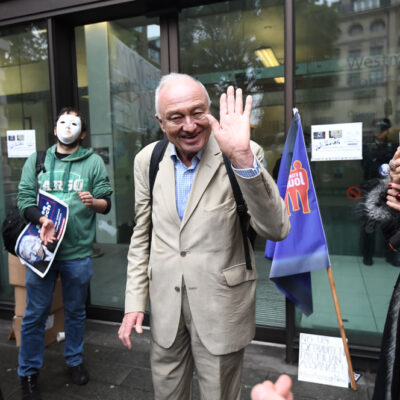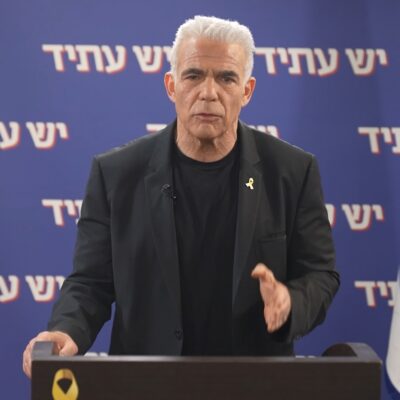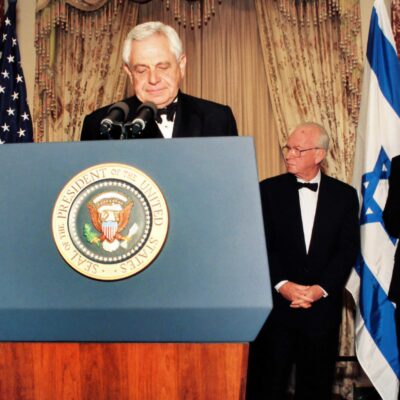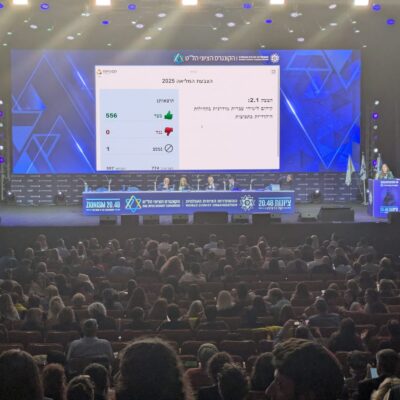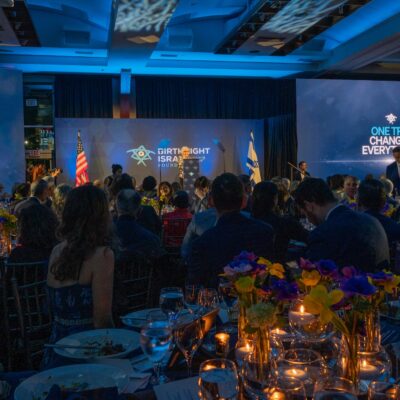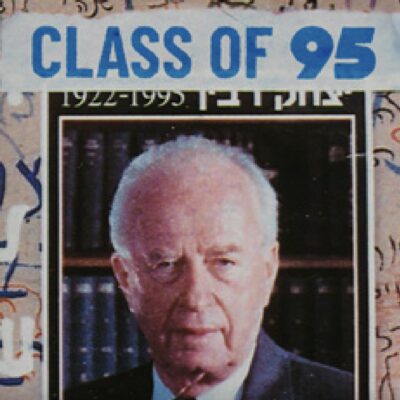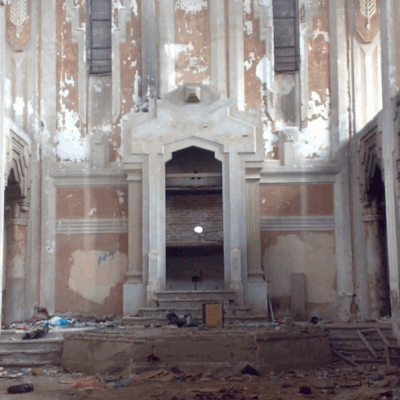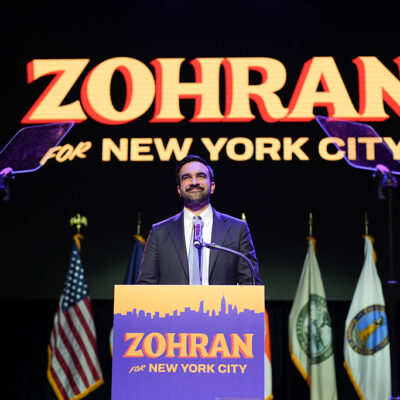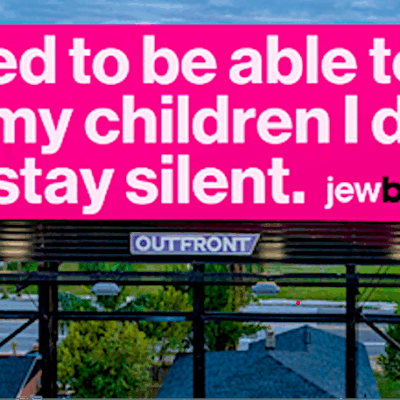What about the Lay Leader Pipeline?
Another Call to Action

By David Edell
Ask any Board Chair if they know who will succeed them. (Ask any of those mentioned if they are sure they will accept.) Ask any nominating committee chair about the responses they get as they reach out to ask people to consider board membership. Ask any CEO who works to recruit major donors and influential community members to play leadership roles about the questions they are asked. In every community we visit and organization that we work with, DRG Search consultants hear from our clients about how hard it has become to recruit people to assume the responsibilities of board members, committee chairs and officers.
How is it possible that recruiting board members and leaders is harder than ever even when we should be benefiting from decades of some of the most sophisticated volunteer education programs? What is it about the next generations of prospective community leaders that causes them to avoid these leadership roles? What is it about these volunteer education programs that participants don’t necessarily perceive community leadership as a responsibility or opportunity. What is it about our organizations’ governance that causes some people to perceive leadership roles to be onerous or unsatifying?
Why worry? Because during the next 5-10 years, organizations and communities will face dramatic challenges. Organizations will thrive, survive, merge or close. Innovators will face the challenges of growth and financial sustainability. Israel and Diaspora Jewry face a reset in their relationship. Formal and informal Jewish education programs will face new challenges presented by new generations of parents and children. The list continues, all in an environment where communities are polarized and politicized as never before.
Who will be at the tables where these discussions and decisions take place? What prepares them to set priorities and strategies to make decisions about funding or defunding programs or to review budgets and grant requests? How will they know how to decide about providing critical services as well as innovative opportunities to the members of their communities? How will they know how to lead sensitive and complex conversations that lead to decisions that affect individuals and communities? Are WE or are THEY prepared?
Conversations about leadership recruitment often focus on two critical variables. First, have we created a culture and programs that promote the role of community and organization leaders and a pipeline for the future? Second, do our governance systems and vision provide board members and leaders interesting, challenging, and impactful roles?
When we ask clients about their leadership development programs, most will point us to their young adult outreach initiatives. While vital, young adult engagement and young adult Jewish education are not the same as leadership development programs. They do not prepare, motivate or commit young adults to consider community or organizational leadership.
Alicia Oberman took the lead in addressing this issue as she and the Jack Miller Family Foundation created a program with the Kellogg School of Business to train board leaders. The report about the first cohort was promising but there has been very little ongoing conversation about this issue. I suggest that now is the time to begin to address the challenges about the future of lay leadership in our communities with the same energy that we began the professional talent pipeline initiatives. We need champions and funders who recognize the importance of improving both the lay and professional talent pipelines to achieve the impact that we all hope to achieve.
I am writing this article to encourage the sharing of programs and experiences that address the challenge of building local and national lay leadership pipelines. Please write to share your programs where selected people are invited to prepare for the honor of community leadership.
Are there programs where participants are exposed to the issues that boards are confronted with or visit agencies to learn about services and needs? Do future leaders serve as interns on boards in order to introduce them to the reality of organizational leadership? How are Wexner Heritage graduates, Cabinet members, participants in synagogues and other leadership programs integrated into the community’s leadership pipeline?
There are years of experience with successful models of leadership development programs that “got us here.” What are you doing to “prime” your lay leadership pipeline and training the people who are the next ones to sit at the leadership tables? They are the ones who will “get us there.”
Lets begin sharing ideas and experience and a conversation about board leadership programming, governance and organization design in a way that research, learning and program development will support local and national organizations.
I look forward to your comments and to learning about the range of work happening in this area.
David Edell is the President of DRG Search. He is a founding Board member of Leading Edge and the former Director of Leadership Development at UJA-Federation of New York.

 Add EJP on Google
Add EJP on Google